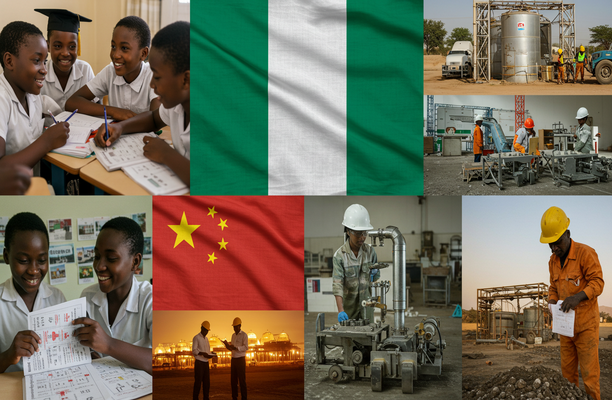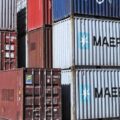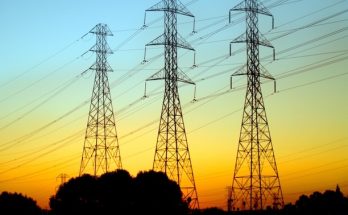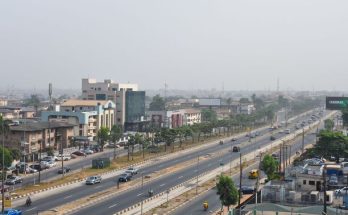By Sunkanmi Adewunmi
Edited by Ezennia Uche
Nigeria is strengthening ties with China through education, industry, and infrastructure projects. From 2025–2026 academic session, Mandarin language will be offered as an optional subject in senior secondary schools, alongside French and Arabic in Nigeria. This follows earlier initiatives such as “Chinese Corners” in Abuja schools and donations of books and equipment from the Chinese Embassy. Officials say Mandarin will boost students’ competitiveness in business, technology, and cultural exchange.
However, experts point to challenges which includes a shortage of trained teachers, the need for new curricula, and concerns about China’s cultural influence. Currently, only a few states, mainly Abuja, have active Chinese programs. Civil groups urge a balance between foreign-language teaching and the promotion of Nigerian languages. While the policy could open doors in trade, tourism, and scholarships, its success depends on careful implementation and cultural sensitivity.
Chinese-Funded Lithium Industry: Adding Value at Home
Chinese investment is moving Nigeria up the mining value chain. After a 2022 survey revealed vast high-grade lithium reserves, Chinese-backed firms began building processing plants to convert the ore into batteries and chemicals. In 2023, Avatar New Energy opened Nigeria’s first large lithium refinery in Nasarawa State, and more are set to launch in 2025, including a $600 million plant near the Kaduna–Niger border, a $200 million refinery outside Abuja, and two additional plants in Nasarawa. Companies such as Jiuling Lithium and Canmax are providing over 80% of the financing, while Avatar’s Nasarawa facility reportedly processes up to 4,000 tonnes daily — the largest capacity in Africa.
The government argues these projects will create jobs, expand manufacturing, and keep more profits in-country by banning raw lithium exports. Officials see this as a step toward diversifying beyond oil and preparing for the green economy, with China’s capital and expertise accelerating the transition.
Still, watchdogs warn of risks. Environmental groups highlight that lithium mining can deplete water, generate toxic waste, and displace communities. Local NGO CAPPA has cautioned that without strict oversight, Nigeria may face environmental damage while Chinese firms capture most of the profits. Critics also note that Nigeria’s first refinery was built by foreign investors, with President Tinubu promoting Nigeria’s abundant labour force as a competitive advantage.
Infrastructure Projects and Loans
China’s role in Nigeria extends well beyond mining and education, with major investments in transport, power, and ports over the past two decades. In 2025, Nigeria approved a $652 million Exim Bank loan to build a highway from Lekki Deep Sea Port toward the south. Similar loans financed the Kano–Kaduna railway and northern rail expansions. Analysts estimate Nigeria owes between $5 and $9 billion to China, mostly for infrastructure, with transport projects making up about 65%.
Officials describe these as concessional loans with low costs and long grace periods, stressing that they are manageable and won’t threaten national assets. Chinese state firms usually execute the projects, bringing technical expertise and completing work quickly — though often with many Chinese workers.
Still, concerns persist. Some projects have faced delays, cost overruns, or questionable value for money. Critics warn that heavy borrowing could pressure future budgets and call for more transparency and local participation. Nigeria, for its part, seeks to balance Chinese credit with other funding sources. Multilateral lenders like the World Bank remain its largest creditors, underlining the need to watch debt ratios as borrowing rises.
Nigeria’s Debt to China: Facts and Figures
Despite all this cooperation, Nigeria still owes billions to China. By early 2025, China was Nigeria’s largest bilateral creditor, with roughly $5 billion outstanding, according to the Debt Management Office. Some global trackers place Nigeria’s exposure closer to $9.6 billion, reflecting recent approvals. These debts are spread across multiple projects — roads, railways, and power lines — and repayment is scheduled over many years. For comparison, China’s share of Nigeria’s $43 billion external debt was about 11% in 2018.
Is Nigeria still burdened by those loans? Yes. As of 2025, Nigeria continues to repay China on schedule, according to its debt office. But the government argues the debt is sustainable because it financed infrastructure that spurs growth. In recent budget plans, President Tinubu requested approval for tens of billions in new foreign borrowing, some from China, to continue development.
The debate remains lively. Some analysts warn against a “debt-trap” scenario where repayment costs could limit Nigeria’s fiscal freedom, while others — including the DMO — emphasize that Chinese loans are not fundamentally different from other development loans.
Weighing the Benefits: Nigeria vs. China
Nigeria’s partnership with China brings major gains in infrastructure, technology, and investment. Highways, labs, scholarships, and domestic processing plants support jobs and a budding EV industry, which the government says will prepare Nigeria for the green economy.
For China, the deals secure long-term access to resources such as lithium, oil, and iron ore while opening markets and extending influence in Africa. In many projects, Chinese firms retain majority stakes, giving them significant control.
Nigeria’s gains from the partnership hinge on execution. With strong industries, skills training, and oversight, it could be sustainable. Without them, weak governance may mean profits leave the country while communities bear the costs. Analysts say fair contracts, safeguards, and benefit-sharing are vital for the partnership to bring real prosperity.
Conclusion
China’s footprint in Nigeria is growing , from classrooms to lithium batteries. Mandarin in school curriculum and new lithium plants are just the latest headlines in a multifaceted relationship. These developments carry clear upsides — new skills, jobs, and industrial capacity but also downsides: debt obligations, environmental risks, and questions of national control.
For Nigerians, the central question is whether the country can harness Chinese capital and expertise to build lasting industries and skills, without mortgaging its future to unsustainable debt.

